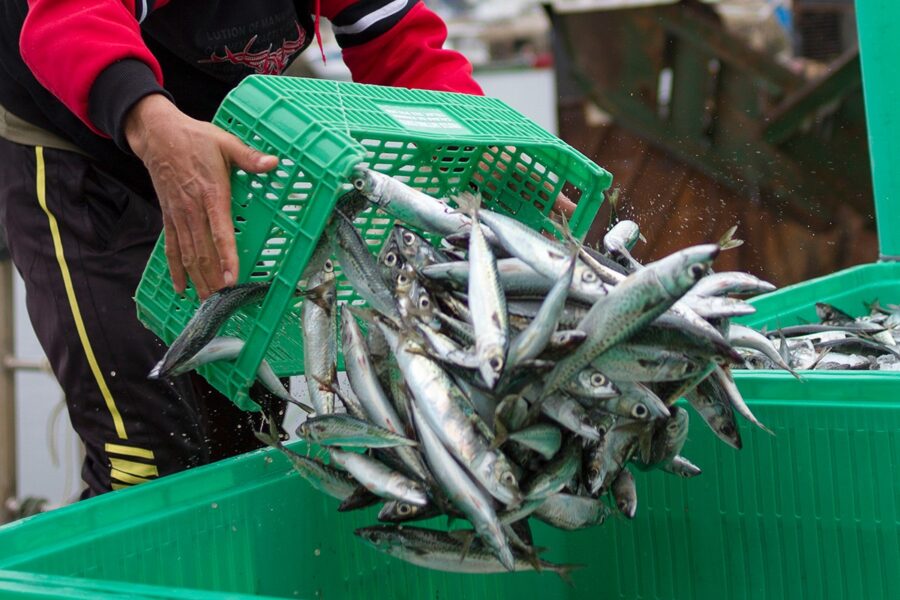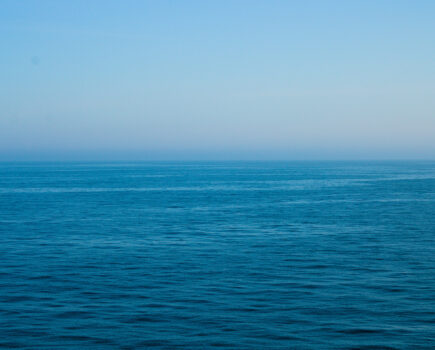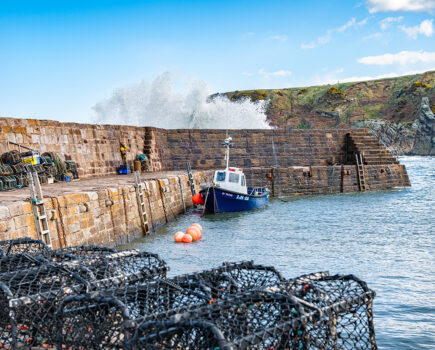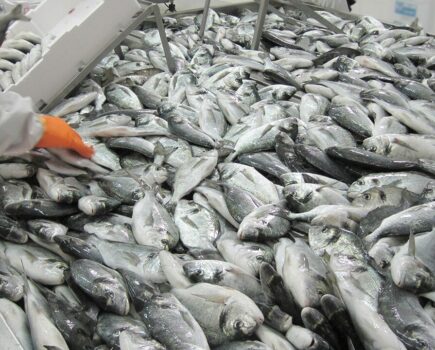No non-quota tonnages will be set in 2022
Non-quota stock catch tonnage limits provided for in the Brexit TCA will not be applied in 2022, reports Tim Oliver.
Instead, uptake data will be closely monitored, and if either the UK or EU reaches 80% of their total baseline amounts (see here), the joint Specialised Committee on Fisheries will consider the next steps.
This was announced by fisheries minister Victoria Prentis in a written statement on the 2022 EU-UK fisheries agreement.
Pointing out that non-quota stocks (NQS) cover some 200 species, the NFFO warned that setting catch limits for them could lead to ‘an explosive high-level political confrontation’ if the issues are not resolved.
Victoria Prentis said that revised baseline figures for NQS overall catches in 2022 are 12,365t for UK vessels in EU waters, and 33,023t for EU vessels in UK waters, after the removal of catches from Crown Dependency (Channel Isles and Isle of Man) waters from the figures.
It was also agreed to hold further technical discussions from this month ‘to ensure that future data exchanges on NQS uptake are robust and accurate’.
“The UK and EU also committed to work at pace to develop multi- year strategies for shared NQS as set out under the TCA, with the aim of developing the first of these by 31 July, 2022,” said the minister.
“Both parties confirmed our shared priority to ensure the sustainable management of NQS stocks from 2023 onwards.”
NFFO chief executive Barrie Deas said non-quota species were very important because the value of landings in England and Wales slightly outweighs the value of landings of quota species.
Some, like scallop and crab, are highly sought after, while others have minimal economic value, presenting ‘the mother of all management problems’ – but no management would be possible without full transparency over their catches from both sides.
“To date, the EU has been unwilling to publish its catch data, and this is likely to move from being an arcane technical issue about data exchanges to an explosive high-level political confrontation unless the matter is resolved,” he said.
“There are a range of considerations – those of our vessels that fish in EU waters, for scallop and crabs in particular, are anxious to maintain access to those fisheries.
“And in the UK, people in the crab fishery in particular wouldn’t want to see that effort diverted back into UK waters – the vessels are at the big end of the scale, and displacement wouldn’t be welcome.
“On the other hand, in the Channel you’ve got concerns about how much actually is being caught by the EU fleet. It’s a very, very complex, difficult management issue.
“You’re talking about hundreds of species potentially, some of which are commercially important and some of which are not important at all, and they are all lumped together. How do you separate that out?
“There is a lot of concern about where all of this is going. There is concern about stocks sustainability, and we also need a management system we can live with. It’s the mother of all management problems – it’s a really tough one.”
Barrie Deas said that in the long term, fisheries management plans were the way ahead. He also pointed out that tonnages are not based on any stock assessments, and are simply based on catches in the 2012-2016 reference period. There are also questions over the reliability of catch reporting figures.
“All eyes are now on the special committee on fisheries that will tackle these problems and how that performs,” said Barrie Deas. “We don’t know whether it will be as remote as the decision-making process used to be, or whether it’s something that’s a bit more transparent.
“This will be a big question this year, how it’s going to work.”
This story was taken from the latest issue of Fishing News. For more up-to-date and in-depth reports on the UK and Irish commercial fishing sector, subscribe to Fishing News here or buy the latest single issue for just £3.30 here.








